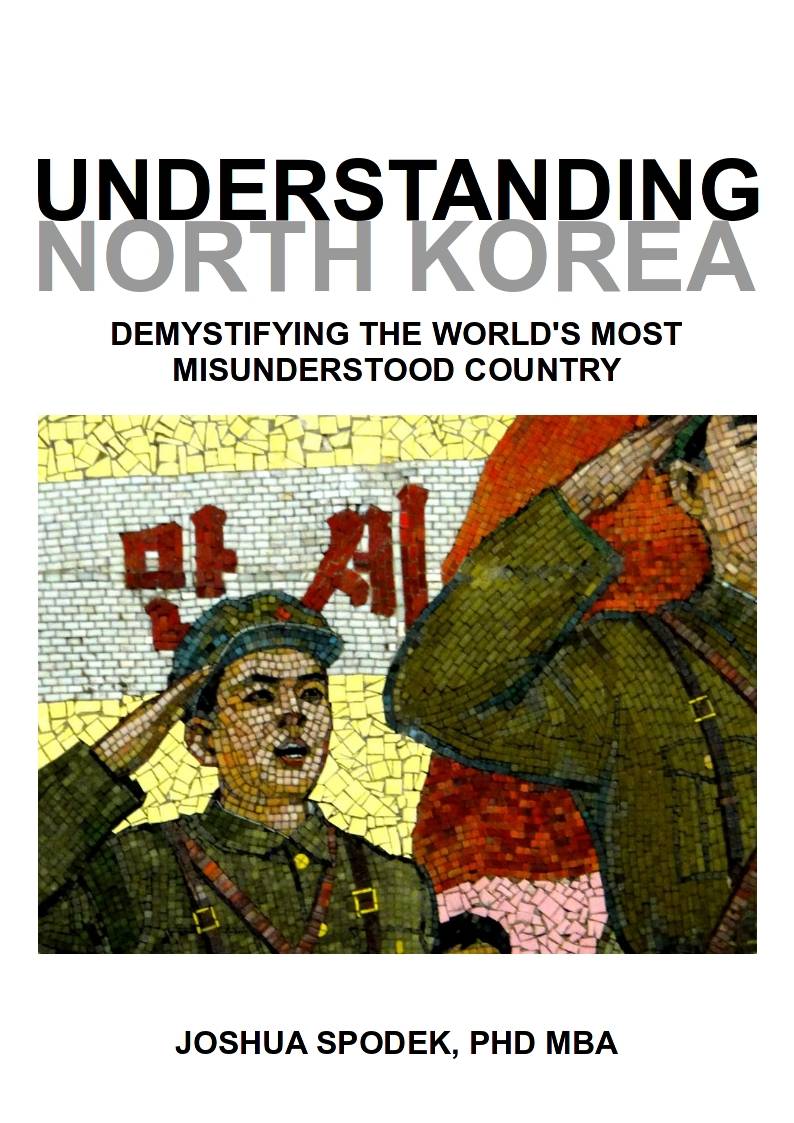Ultimate Frisbee in North Korea, part 1
My first interview yesterday on playing Ultimate Frisbee in Pyongyang reveals how dramatically and positively the experience affected me. As much as it inspired and influenced me as an individual, I have come to see the event in a larger context.
This series of posts covers Ultimate Frisbee in North Korea. Ultimate in most places might purely be about sport. North Korea is not a usual place, so it’s about human interactions. And my story begins in China.
Maybe presenting the personal side and showing pictures of the event first would make more sense than the global politics I’m about to go into, but I have to write how I think of it now. I’ll link to my pictures when I post them for people who want to start with more personal history before I explore. (Needless to say, I have no problem with people who want to see me scoring a game-winning goal and laughing with our guides who played with us.)
For now, my perspective begins with my first visit to Shanghai, coincidentally two months before. Keep in mind, I didn’t major in history or international relations, so don’t read these posts too critically from that perspective. But I did see and participate in things few people do, so I wouldn’t discount them either.
A visit to Shanghai or Beijing reveals some of the freest markets around. I’m not talking about politics or government policy, which I know little about. I’m talking about life on the street, the market activity I could observe and no one can miss, where regulations appeared loose. I’m talking about people selling goods and services to one another.
Whoever had authority seemed to allow more free marketing on the street than Americans. We talk here about how free we want to make markets, but I’ll say this: I don’t know how or if they regulate food safety, so I washed the fruit I bought in China more thoroughly than the fruit I buy here.
Yet growing up, I learned of China being closed and Communist. Now vendors line the streets with markets.
How did the country change? And what does that change have to do with me in North Korea? What does it have to do with your life, for that matter?
I’ll explain.
To foreshadow where I’m going, I’ve met people who visited China in the 70s. They tell me my descriptions of North Korea remind them of China then, so let’s look at China’s changes since then.
Here’s most of what I know about China in the 70s and changes leading to its current constitution, from Wikipedia’s page on China:
The economic and social plan known as the Great Leap Forward resulted in an estimated 45Â million deaths.[71] In 1966, Mao and his allies launched the Cultural Revolution, which would last until Mao’s death a decade later. The Cultural Revolution, motivated by power struggles within the Party and a fear of the Soviet Union, led to a major upheaval in Chinese society. In 1972, at the peak of the Sino-Soviet split, Mao and Zhou Enlai met Richard Nixon in Beijing to establish relations with the United States. In the same year, the PRC was admitted to the United Nations in place of the Republic of China for China’s membership of the United Nations, and permanent membership of the Security Council.
After Mao’s death in 1976 and the arrest of the Gang of Four, blamed for the excesses of the Cultural Revolution, Deng Xiaoping quickly wrested power from Mao’s anointed successor Hua Guofeng. Although he never became the head of the party or state himself, Deng was in fact the Paramount Leader of China at that time, his influence within the Party led the country to significant economic reforms. The Communist Party subsequently loosened governmental control over citizens’ personal lives and the communes were disbanded with many peasants receiving multiple land leases, which greatly increased incentives and agricultural production. This turn of events marked China’s transition from a planned economy to a mixed economy with an increasingly open market environment, a system termed by some[72] “market socialism“, and officially by the Communist Party of China “Socialism with Chinese characteristics“. The PRC adopted its current constitution on 4 December 1982.
I’m going to relate a single strain of this global change involving billions of people to a the scale of the everyday person — a few people in particular, in whose steps I see my friends and I following.
With luck our steps will have comparable effects to those of our predecessors.
First note two major stages in the passage above and the transition between them:
- Before: an economy planned by autocratic leaders that devastated the country
- After: a mixed, increasingly open market economy decreasing poverty and increasing wealth (and wealth inequality)
- Transition: China’s leaders met with Nixon
Tomorrow: did Nixon open China?
—
EDIT: I included much of this post (edited and polished) in my ebook, Understanding North Korea: Demystifying the World’s Most Misunderstood Country. I wrote the book to help increase understanding, communication, and freedom.
Read my weekly newsletter

On initiative, leadership, the environment, and burpees

Pingback: Rules for visitors in North Korea, part 1 | Joshua Spodek
Pingback: Ultimate Frisbee in North Korea, part 2 | Joshua Spodek
Pingback: North Korean strategy: increasing interaction | Joshua Spodek
Pingback: Reflections on the Revolutionary Martyrs’ Cemetery at the celebration for foreigners » Joshua Spodek